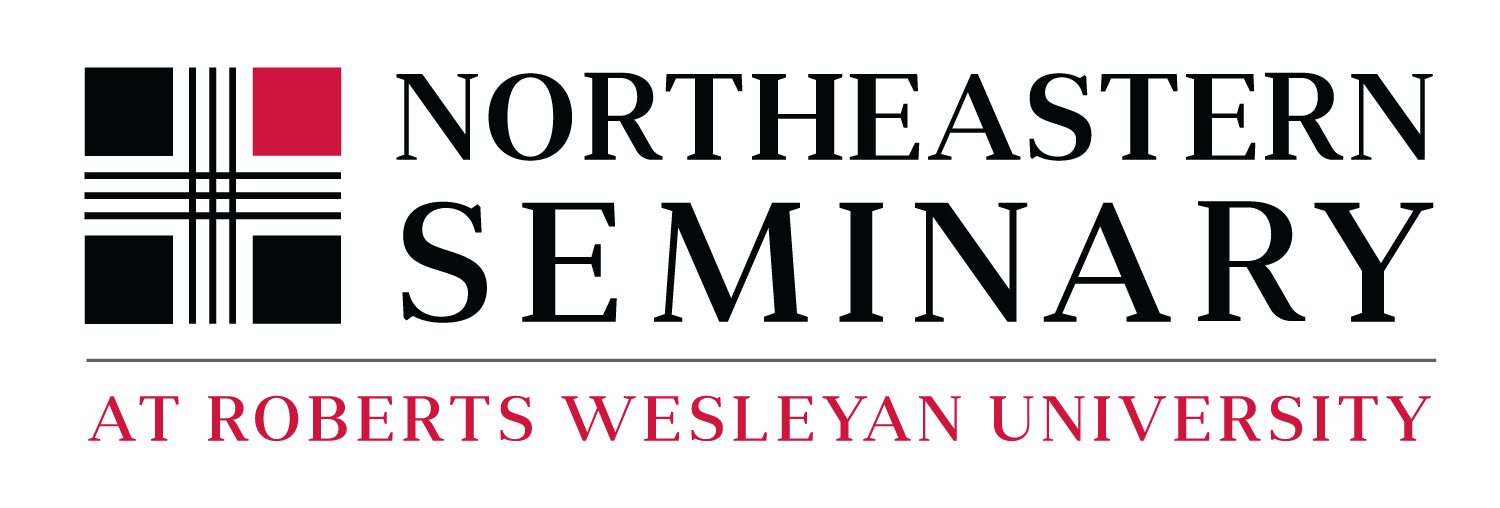First, I must acknowledge Assistant Professor of Biblical Studies Dr. David Carr’s series of articles entitled Reading While White, where Dr. Carr responded to the book Reading While Black: African American Biblical Interpretation as an Exercise in Hope by former Northeastern Seminary faculty member Dr. Esau McCaulley. I have both enjoyed Dr. McCaulley’s book and Dr. Carr’s response as I have tried to figure out how to learn from people with experiences that are not my own and honor their experiences and wrestle with how that should change how I think and act in the world.
When it came time to register for my summer 2023 classes as I work towards a Master of Divinity with Focused Elective Competency in Theology and Social Justice, I was intrigued by the offering of Black Theology taught by Dr. Dara Delgado. While I am a person who checks all the privilege boxes as a straight white heterosexual, middle-class, college-educated married man, I am also a curious person by nature. I also grew up with my mother taking me to a Unitarian Universalist church as a child, and I came to faith in Christ later in life. So, rather than deconstructing my faith during my seminary experience, I have been sampling a wide variety of theological ideas and traditions. And like the various Bruce Lee quotes try to convey, I have absorbed what I have found useful and discarded what I have discovered useless.
My experience in this particular class was unlike most classes I have taken at Northeastern Seminary. First, it was the first class that I took that was a hybrid class with an in-person intensive week at the seminary.
Even though I live just 15 minutes down Buffalo Road from campus, I have taken all online classes, partly because I started in the summer of 2020 and in-person classes were not an option. This was also a smaller class with six students and Dr. Delgado. I believe that the smaller class size helped create an environment where even the three-hour days during the intensive week never seemed enough for the beautiful conversations we would have about the texts Dr. Delgado assigned us to read.
The day before our last class together for the semester, I talked with a lady at church about the classes I was taking. When I mentioned that I was taking Black Theology, she asked how our progressive American Baptist Church, a predominantly white congregation, fit in with what I was learning. At the moment, I believe I commented on how the class was teaching me that we need to learn from people with a wide variety of experiences and points of view. When each person had to sum up what they were taking away from the class, I struggled to formulate an answer because I was concerned about not handling all that I had learned from the course with the care it deserved.
Dr. Delgado then helped me summarize the class in a way that I would absorb and not discard. She talked about how Black Theology calls us to worship Christ and be human together. And that it is the art of being human and creating spaces for others to do that. So, if you want to learn about Christ from various viewpoints within the Black Theological tradition, and if you want to have conversations about how we can create spaces to be human together, then I have a class for you to take.

About the author
James Weise
I am a dad, husband, Christian, engineer, seminarian, D III lacrosse goalie dad, chorus dad, sports fan, and other things. James is also a graduate of the Northeastern Seminary's Master of Divinity program.